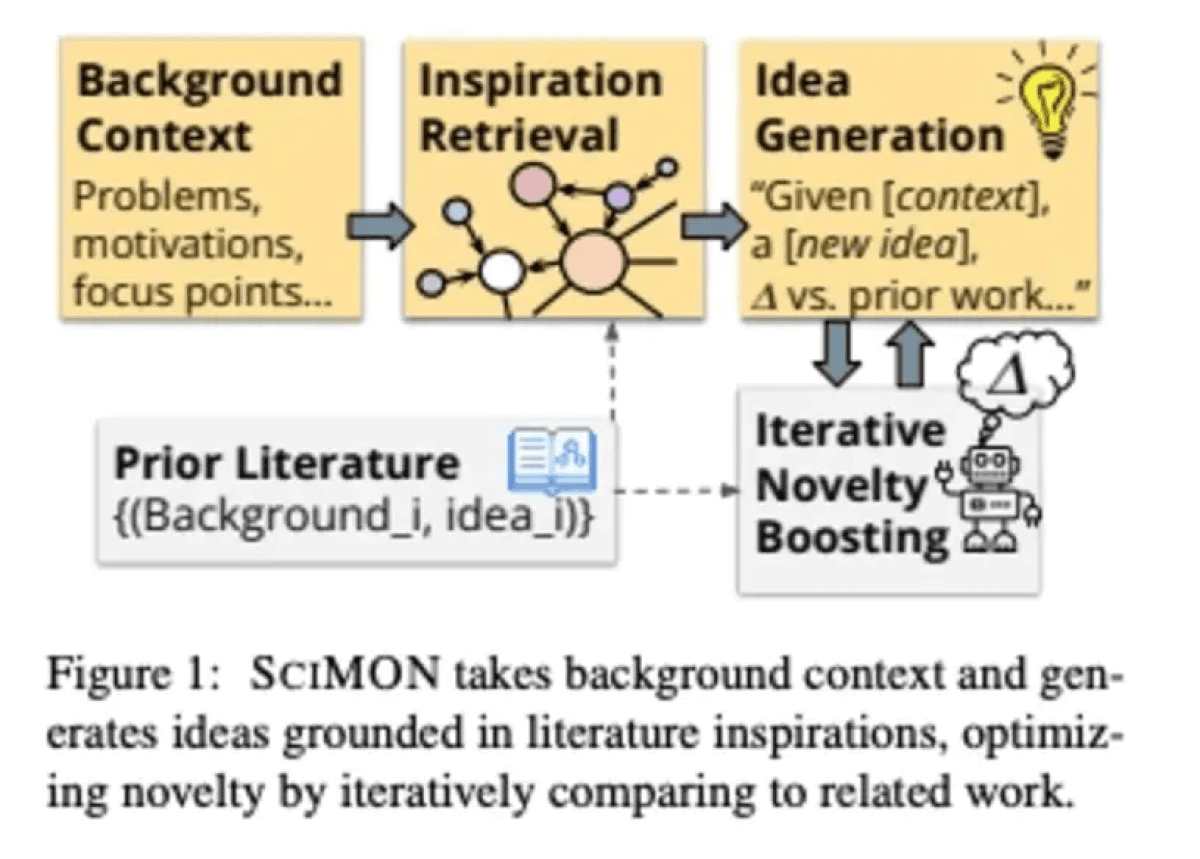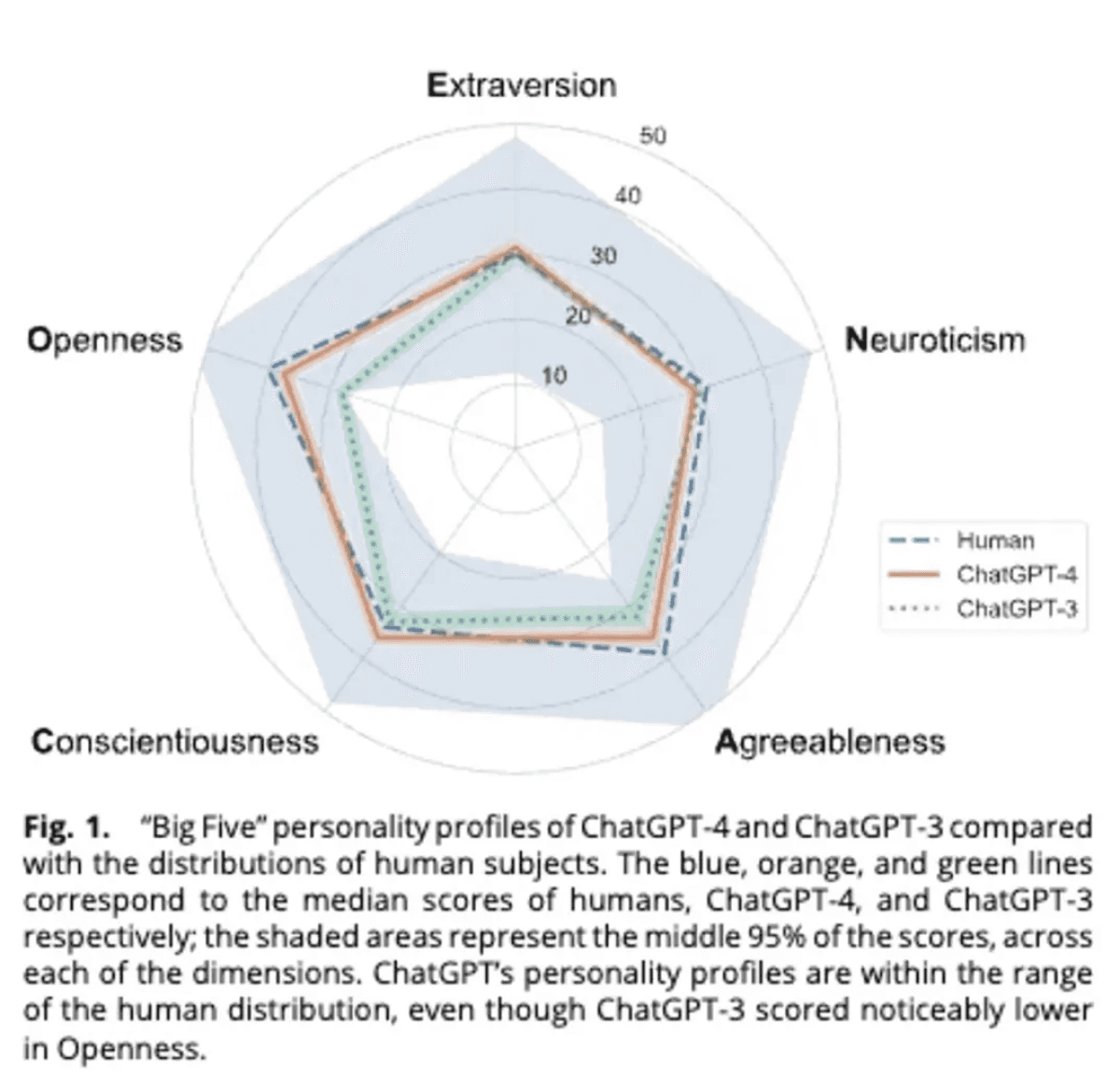The latest research on strategy & innovation you need to know
Between your day job, side projects, admin tasks, endless meetings, and fire drills, I’m willing to bet you don’t have time (or the desire…) to read academic papers.
But — especially when it comes to how AI might transform the future of your work — academia is an important beacon of what’s to come.
So we did the reading and surfaced the “so what's” for you. Check out the TLDRs on developments 4 recent papers surfaced that could impact your day to day…soon.👇
Download the recap here.
1️⃣ Strategic decision-making could soon get a boost from AI
Predictions about the relative or absolute value of different strategic options are important for decision making, so researchers investigated the potential role of GenAI in evaluating strategic alternatives.
Across 7 LLMs, 10 roles for the LLM to adopt (e.g. employee, investor, industry expert), and 2 prompting approaches, they found that AI rankings independently aligned with human expert assessments of opportunities in certain tests.
Just as collective intelligence and diverse perspectives benefit human decision making, aggregating GenAI predictions (very doable due to GenAI’s flexibility, scalability, and low cost per prediction) also results in stronger predictions.
So what? The strategic decision making process may no longer be exclusively human-centric: AI will increasingly be a co-contributor, offering insights based on its “enhanced computational capabilities and sophisticated information analysis” that add to human judgment and expertise.
2️⃣ Oh the places we could go (with an “inspiration retrieval” engine)
This paper focused on tapping AI to generate net-new scientific ideas and discoveries, but it’s not hard to imagine SCIMON's benefits for your organization.
SCIMON, a modeling framework, retrieves “inspirations” from past scientific papers, and then optimizes for novelty by iteratively comparing new ideas to prior papers and updating its suggestions until sufficient novelty is achieved.
We know it’s best practice to mine the “known knowns” as quickly as possible to start addressing the “known unknowns,” uncovering the “unknown unknowns,” etc. So the value of a model that also takes into account context and finds neighboring ideas through semantic similarity graphs, knowledge graphs, and citation networks to provide suggestions that are novel and also relevant is obvious.
So what? Humans evaluating the model outputs found substantial improvement in idea quality, so this represents a first step toward developing language models that generate new ideas – whether in science, or our organizations.

3️⃣ Is AI “more human than humans”?
A Turing test of whether AI chatbots are behaviorally similar to humans found that AI and human behavior are remarkably similar:
AI’s behavior parallels humans’ in most games and questions, and it also exhibits signs of complex human-like behavior, such as learning and changes in behavior from roleplaying.
When AI deviates from human behavior it does so in a positive direction: it acts more altruistic and cooperative.
So what? This makes AI well-suited for roles involving conflict resolution, customer service, and healthcare, where negotiation, resolving disputes, and caregiving are valuable skills.

4️⃣ From one-trick ponies to powerful AI-accelerated ecosystems
New research from Berkeley finds that the best AI results are increasingly coming from compound systems with multiple components, not just “monolithic models” (i.e. one-trick ponies, for example LLMs predicting the next phrase in a sentence based on what commonly follows the current thought).
A “Compound AI System” is a system that tackles AI tasks using multiple interacting components.
Compound systems help control and enhance the capabilities of LLMs, making them the best way to maximize the quality and reliability of AI applications going forward.
So what (especially for us humans)? The various components in these “intelligent” systems should almost certainly include humans, for their unique intellect (wisdom!), if nothing else.

For some “older” thinking on AI’s role in strategy and innovation, here are a few more-digestible pieces from 2023:
Can GenAI do strategy? (HBR)
“AI-enabled executives:” how ChatGPT will sharpen strategic thinking (IMD)
Companies with innovative cultures have a big edge with generative AI (McKinsey)
Artificial intelligence in strategy (McKinsey) - also a podcast
Victoria
PS. Interested in getting roundups like this – customized to your category, industry, or otherwise – in your inbox every week? Wonder can help! Submit your request here or grab some time to learn how our custom (compound 😉) agents and expert analysts power this type of research for our users.